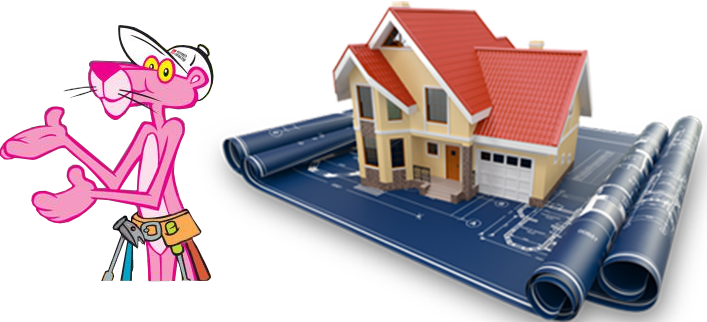When it’s time to replace your roof, one of the biggest decisions you’ll face is choosing between metal and shingle roofing. Both options offer durability and protection, but each has its own unique benefits and drawbacks. In this post, we’ll break down the key factors to consider so you can make an informed decision that suits your home and budget.
1. Cost
For most homeowners, cost is a significant factor when deciding on roofing materials. Shingle roofs are typically more affordable upfront, making them a popular choice for budget-conscious homeowners. Asphalt shingles, the most common type, are relatively inexpensive and widely available, with costs that vary based on the brand and quality.
Metal roofing, on the other hand, tends to have a higher initial price. The material and installation are more expensive than shingles, but metal roofing often provides long-term savings due to its durability and energy efficiency. While the upfront cost might be steep, the lifespan and potential energy savings could make it worth the investment.
2. Durability
When it comes to longevity, metal roofing outshines asphalt shingles. Metal roofs can last 40 to 70 years, depending on the material, while asphalt shingle roofs generally last 15 to 30 years. Metal roofs are resistant to fire, wind, and hail, making them a durable option for homes in areas prone to extreme weather.
However, shingle roofing is also highly durable in milder climates and can withstand typical weather conditions. While they may not last as long as metal, high-quality shingles provide solid protection and are easier to repair if damaged.
3. Aesthetic Appeal
Both metal and shingle roofs come in a variety of colors and styles to suit your home’s look. Shingle roofs have a traditional aesthetic and are available in a wide range of textures and colors, making them versatile for many home styles. They tend to blend in with most neighborhoods and offer a classic, understated appearance.
Metal roofing has evolved significantly and now offers a sleek, modern look with options that mimic traditional roofing materials like shingles, slate, or even wood. The clean lines of metal can give your home a contemporary edge, but the bolder look may not appeal to everyone.
4. Energy Efficiency
Metal roofs are known for their energy efficiency, particularly in warmer climates. The reflective properties of metal roofing help to reduce heat absorption, which can lower cooling costs in the summer. Some metal roofs are designed with additional coatings to enhance their reflective capabilities.
While asphalt shingles don’t offer the same level of energy efficiency, you can still find options that help reduce energy usage. Some shingles are manufactured with reflective materials that improve energy efficiency, though they may not be as effective as metal.
5. Maintenance
Shingle roofs require more frequent maintenance than metal roofs, especially in areas with harsh weather conditions. Shingles can crack, curl, or lose granules over time, and they may need to be replaced more often. However, individual shingles are easy to replace when damage occurs.
Metal roofing is generally low-maintenance. It is less prone to leaks, doesn’t rot or warp, and is resistant to pests like termites. However, metal roofs can be more difficult and costly to repair if damage occurs, and certain finishes may require periodic maintenance to prevent corrosion.
6. Environmental Impact
For homeowners interested in eco-friendly materials, metal roofing is often the better option. Metal roofs are typically made from recycled materials, and at the end of their long lifespan, they can be fully recycled again. Additionally, the energy efficiency of metal roofs can reduce your home’s overall energy consumption.
Asphalt shingles, while cost-effective, are made from petroleum products, which makes them less environmentally friendly. They are also more difficult to recycle, and old shingles often end up in landfills.
Final Thoughts
Choosing between metal and shingle roofing depends on your budget, aesthetic preferences, and the specific needs of your home. Shingle roofs offer a lower upfront cost and classic look, while metal roofing provides durability, energy efficiency, and long-term value. Consider these factors carefully to make the best decision for your home.
If you’re still unsure about which option is right for you, contact 1 Stop Roofing & Exteriors for a consultation. We can help guide you through the process and provide a free estimate for your roofing project.














